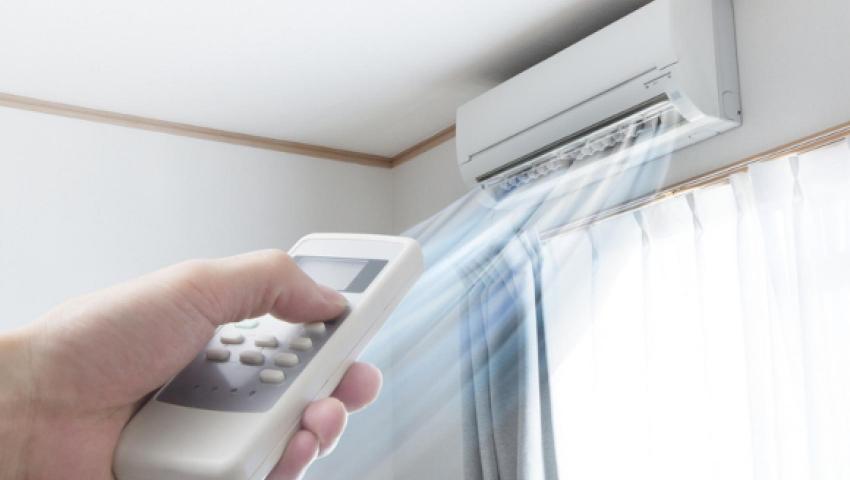BGN 520 million is the money for air conditioners, stoves, heat pumps and hydrogen cells under the Environment program 2021-2027

Photo: domigradina.com/ The more common choice as an alternative is to install air conditioners, but heating with them also has its drawbacks.
Raya Lecheva
BGN 520 million are the final funds for stoves, air-to-air and water-to-air heat pumps and for hydrogen cells under the Environment 2021-2027 program, Galina Simeonova, acting director, told 3eNews yesterday. Director General of the General Directorate Operational Program "Environment".
Due to lower interest, and more recently due to high fossil fuel prices and the new EU policy to reduce dependence on Russian gas, gas installations will not be funded. The interest of the citizens in the pellet stoves is weakening due to the rise in their prices, which is why they have become unprofitable for the people, Simeonova stressed.
The funds are almost as much as the previous program, she said. The program is expected to cover about 100,000 households. This is the main measure to improve air quality in municipalities. Domestic heating and transport remain one of the main sources of pollution with fine dust particles (PM10 and PM2.5), which are the most problematic pollutants affecting human health.
One of the lessons learned from the past period is that the two-stage projects lead to excessive delays in the actual replacement of heating appliances. According to the administration, the main difficulties are the result of insufficient awareness on the part of citizens that investments in clean air are investments in the health of their families and society as a whole.
Submission of applications requires from the final recipient an informed choice of the most appropriate heating alternative. Therefore, in the period 2021-2027, technical support is planned for teams to consult people and assist in the selection. Timely, proactive, direct communication with citizens is key to the effective implementation of projects, experts say. Regional information campaigns are planned, taking into account the specifics of each municipality, as well as a broader campaign focusing on the possibilities for free replacement of heating appliances, including the presentation of households that already use environmentally friendly heating with support from EU funds.
The other alternative is for municipalities that cannot solve this air problem to introduce low-emission zones and limit the use of solid fuel stoves. This means bans on the use of stoves in certain areas. Similar measures to completely ban the use of coal in stoves have been implemented in Poland. This may be necessary in our country if we do not make efforts to replace the heating appliances with which we heat. It is necessary to stop the burning of waste, coal and a number of air pollutants, because dust particles lead to a number of respiratory and lung diseases and more than 12,000 deaths a year.
Due to the lack of effective measures to improve air quality, Bulgaria will be sentenced by the Commission to pay a daily fine of over 28,000 euros per day, as well as a lump sum of over 3,000 euros per day with a minimum of 653,000 euros. .
The measure for electric cars has finally been dropped from the program for the next programming period and their replacement will not be financed with European funds. The European Commission approves the measure and evaluates it positively, but initially it has already refused many other countries and that is why these initiatives of the countries are financed with national funds, Simeonova said. The replacement of the old diesel cars with support for the purchase of an electric car will be done with national funds, she added. Most likely, this will happen with funds from the Enterprise for Management of Environmental Protection Activities, she said. Diesel cars for Euro and Euro 1 contribute to almost 55% of the emissions of fine particulate matter emitted by private vehicles in major cities. It is good practice in EU Member States to apply financial instruments for electric vehicles against the transfer for recycling of high-emission old cars. What the national funding program will look like is still being considered, Simeonova added.
The program will be approved after the National Recovery and Sustainability Plan is approved, so that there is no overlap in the financing of certain activities. Once the plan is officially approved by the EC, we will finalize the operational program and present it to Brussels for approval. This will most likely happen in early summer.
